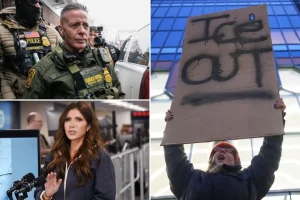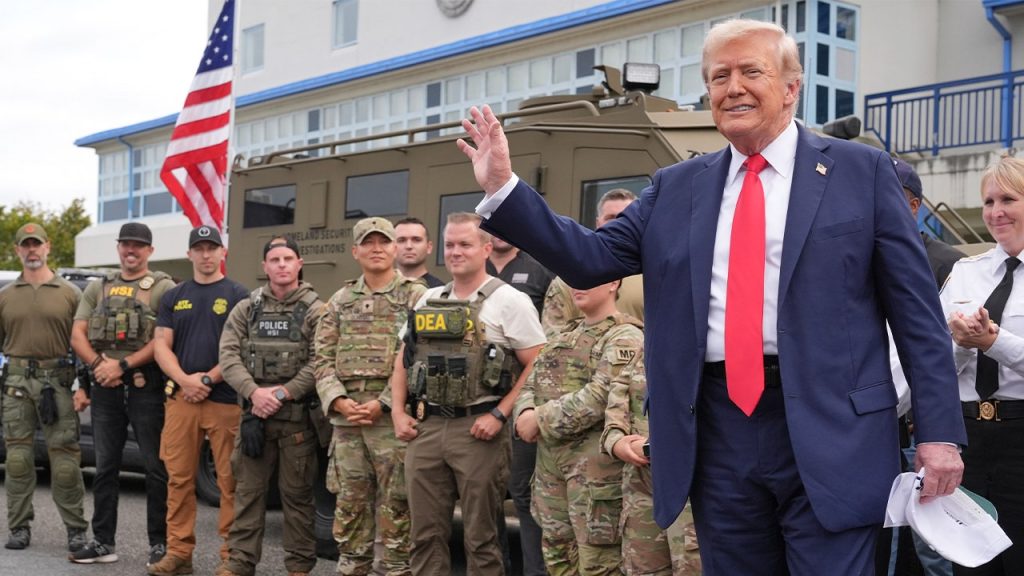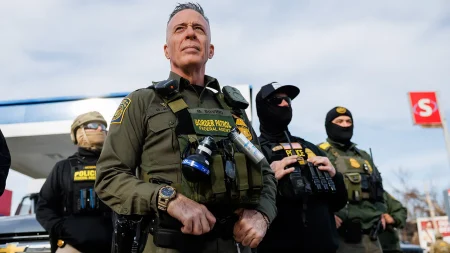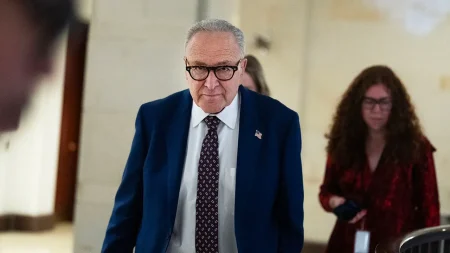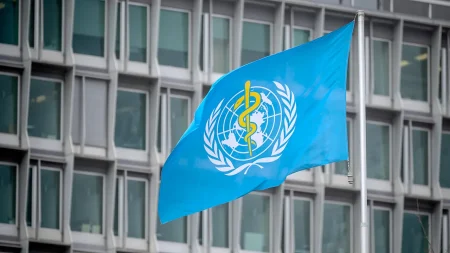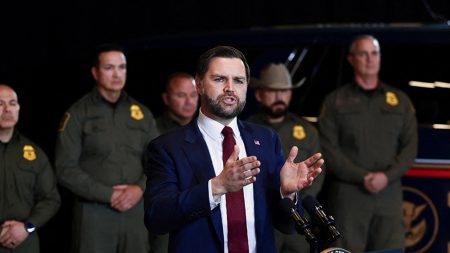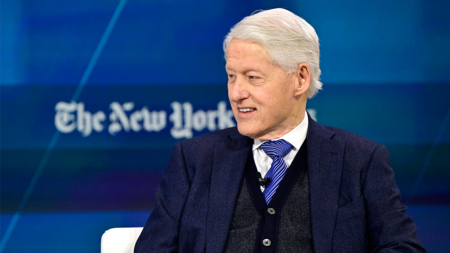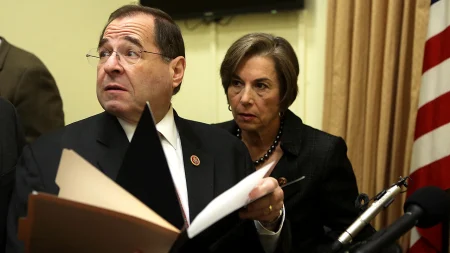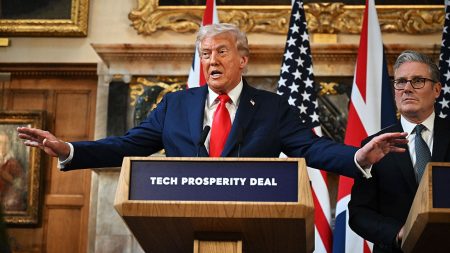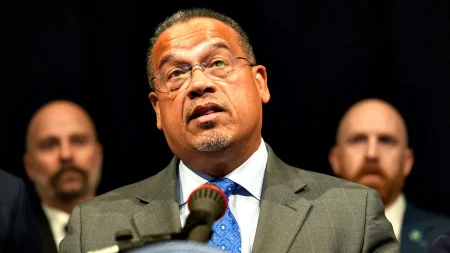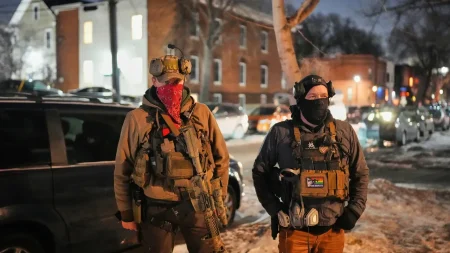White House Defends Trump’s National Guard Plans for Crime-Ridden Cities
The White House is reassuring Americans there’s no reason to fear as President Donald Trump contemplates sending National Guard troops to address crime in cities across the nation, similar to his recent actions in Washington, D.C. Despite pushback from Democratic leaders, particularly in Illinois, the administration maintains this approach could provide much-needed security in crime-plagued urban areas.
White House Press Secretary Karoline Leavitt delivered a pointed message to residents of Democrat-governed cities: “Decline is a choice. You don’t have to live in constant fear of being robbed, raped or murdered. Your leaders are lying to you — and they have been failing you for decades.” The administration argues that Governor JB Pritzker of Illinois should focus less on “demonizing the police” and more on recruitment efforts and collaboration with federal authorities. According to Leavitt, President Trump simply wants to empower law enforcement at all levels to “do their jobs, arrest criminals, put them behind bars, and remove public safety threats from American communities.”
The proposal has met with significant resistance from Illinois leadership. Governor Pritzker, a Democrat with potential presidential aspirations for 2028, characterized Trump’s plan as “unconstitutional” and “un-American,” further describing it as “a dangerous power grab” comparable to authoritarian tactics in other countries. Chicago Mayor Brandon Johnson similarly pushed back, highlighting recent crime reductions in his city, including a 30% decrease in homicides, 35% drop in robberies, and nearly 40% fewer shootings over the past year. These local officials view the potential deployment as unnecessary federal overreach rather than helpful assistance.
The White House, however, continues to emphasize troubling crime statistics, particularly noting that Chicago has reportedly held the unfortunate distinction of having the most murders of any U.S. city for 13 consecutive years according to 2024 data. “This is JB Pritzker’s legacy, by the way,” Leavitt stated bluntly during a press briefing. The administration suggested that Pritzker should “put politics aside” and reach out to President Trump, who they claim “would be more than happy to do right by law-abiding American residents in the city of Chicago.” It’s worth noting that while Chicago may lead in total murders, it does not rank among the top five U.S. cities for murder rate per capita according to FBI data compilations for 2024.
President Trump’s strategy began taking shape on August 11 when he mobilized troops from the D.C. National Guard and federalized the Metropolitan Police Department to address crime in Washington. Since then, he has indicated his willingness to extend this approach to other cities, with Chicago specifically mentioned as a potential target. Trump expressed confidence in the effectiveness of his plan, telling reporters, “We go in, we will solve Chicago within one week, maybe less. But within one week we’ll have no crime in Chicago, like no crime in D.C.”
The debate highlights fundamental differences in approaches to urban crime and the proper role of federal intervention in local policing matters. While the Trump administration frames the issue as one of decisive action versus political negligence, Democratic leaders view it through the lens of constitutional boundaries and local governance. The White House maintains it would welcome requests from leaders of both parties for additional law enforcement support, suggesting this isn’t a partisan issue but rather a matter of public safety. As this situation continues to develop, the tension between federal authority and local control remains at the heart of this contentious policy discussion affecting millions of urban Americans.

